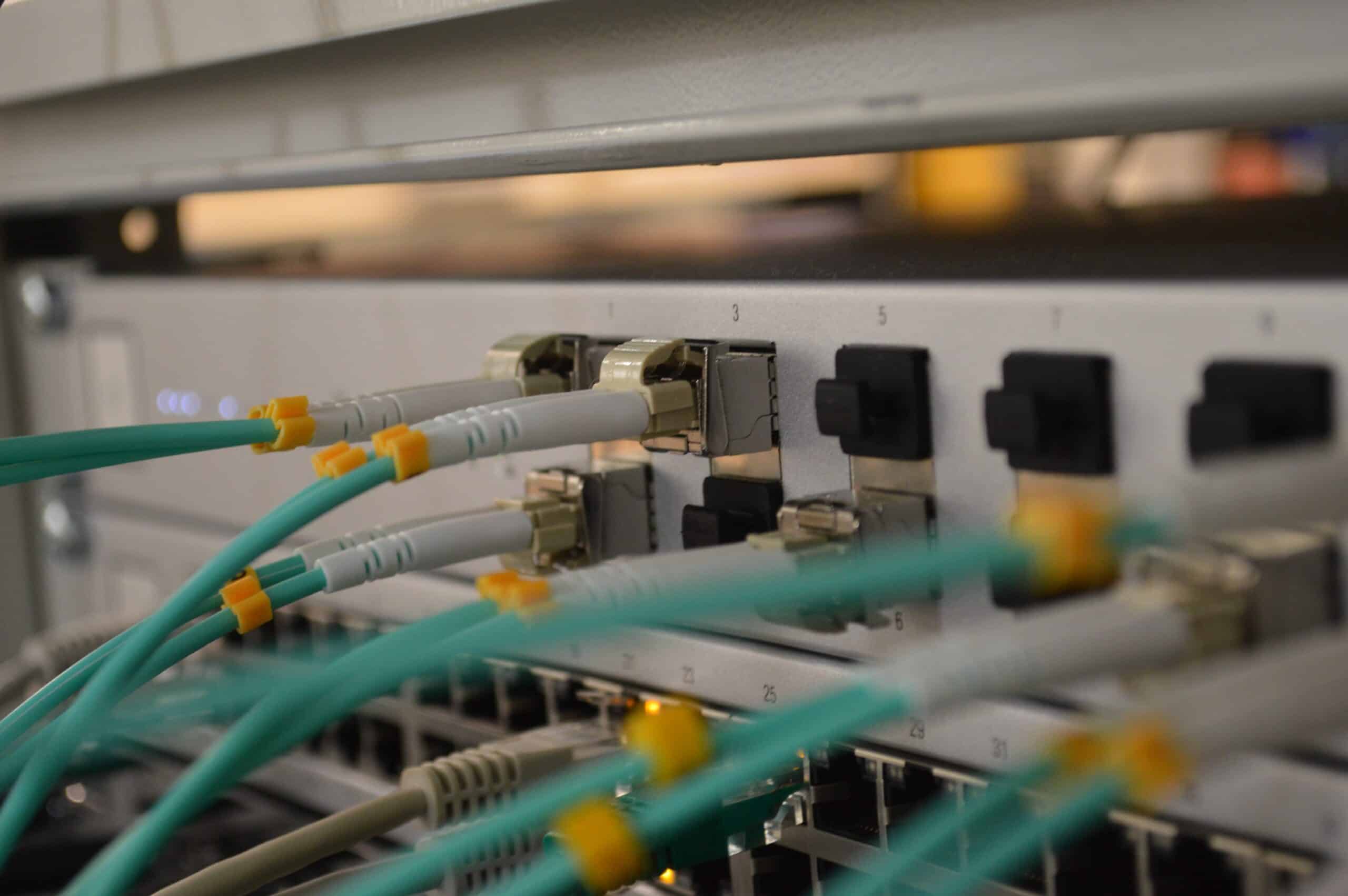Lebanon faces internet blackouts as workers at state-owned Ogero continue their strike to demand pay increases reflecting the sharp depreciation of the country’s currency. The strike began on March 25 and the situation has become increasingly dire. Imad Kreidieh, Ogero’s chairman, has warned that the network will completely stop working as their generators run out of fuel. Kreidieh stated that the strike will not only affect Ogero but other operators, Alfa and Touch, too.
The yearly state budget allocated to Ogero has dropped to about $4 million, which barely covers the fuel needed for the operation of internet relay stations, leading to sharp salary cuts. Talks with Lebanon’s parliament are expected to take place on March 27 to seek a resolution. The economic crisis in Lebanon dates back to 2019 and reached a new low last week when 100,000 Lebanese pounds became worth just $1, down from $67. The strike comes amid growing protests and public anger against the ruling political elite, with the majority of the population affected by poverty.
Why does Lebanon faces internet blackouts?
Following the announcement that the Lebanese state-owned Ogero employees launched an open-ended strike, Lebanon faces internet blackouts. The employees are demanding pay increases that reflect the sharp depreciation of the country’s currency. The strike is expected to impact not only Ogero but also other operators, including Alfa and Touch, who rely on Ogero to route their data.
The chairman of Ogero, Imad Kreidieh, has warned that if a deal is not found with the government, the network will completely stop working as the generators will gradually run out of fuel. “Lebanon completely relies on Ogero for its bandwidth, leaving no one exempt from a blackout,” Kreidieh said. The currency crisis has cut Ogero’s yearly budget to the equivalent of $4 million, which is barely enough to cover the expenses for the fuel required to operate the Internet relay stations, leading to drastic salary cuts.
Lebanon’s economic crisis dates back to 2019 but hit its lowest point last week when 100,000 Lebanese pounds became worth just $1, down from $67. It has led to employees at Ogero complaining that their salaries have become worthless, with inflation estimated to be more than 180% last month. Marwan Halabi, a member of Ogero’s Union, said, “Our salary is worth nothing because of the currency collapse, our demands are the same as other public sector employees: we want our salaries to be tied to the dollar.”
Talks with Lebanon’s parliament were expected to take place on March 27 to seek a resolution. The strike is the latest in a full-fledged collapse that Lebanon is undergoing, facing an unprecedented economic crisis, political and security void.
According to its website, Ogero is the executive arm of the Ministry of Telecommunication, founded by the Lebanese state in 1972. The company is the infrastructure operator for all telecom networks in the country, including mobile operators and internet service providers, among others.
Meanwhile, Lebanon’s caretaker Minister of Telecommunication, Johnny Corm, has warned that the military might take over the state-run telecom company Ogero amid a growing dispute between the government and the company’s employees, who have been on strike for a week demanding pay increases. “I spoke with caretaker Prime Minister Najib Mikati this morning and he asked me to [allow] for the intervention of the Lebanese army and for us to take over Ogero,” Corm said in an interview with the local Radio Liban Libre station. “I will not see citizens be taken hostage. The internet is a basic need and is necessary for the continuity of life, and any interruption is prohibited,” he added.
The spat between the government and Ogero employees comes as Lebanon faces its worst economic crisis in decades. In February, the inflation rate reached 189.67%, and poverty is affecting more than three-quarters of the population of 6 million, according to the United Nations. Public anger against the government is growing by the day, with regular protests across the country denouncing the failure of the ruling political elite to address the numerous crises.
The country has been without a president since October 2022, when President Michel Aoun, a staunch ally of the Iran-backed Hezbollah movement, stepped down after the end of his six-year term, which saw deepening political divisions among rivals. Since then, parliament has failed more than 10 times to elect a president. Hezbollah, which has gained considerable influence in the country in the past years, is backing Suleiman Frangieh. But the majority of parliamentarians have refused to support Frangieh, an ally of Syria’s Assad family.
Image Credit: Thomas Jensen on Unsplash



















